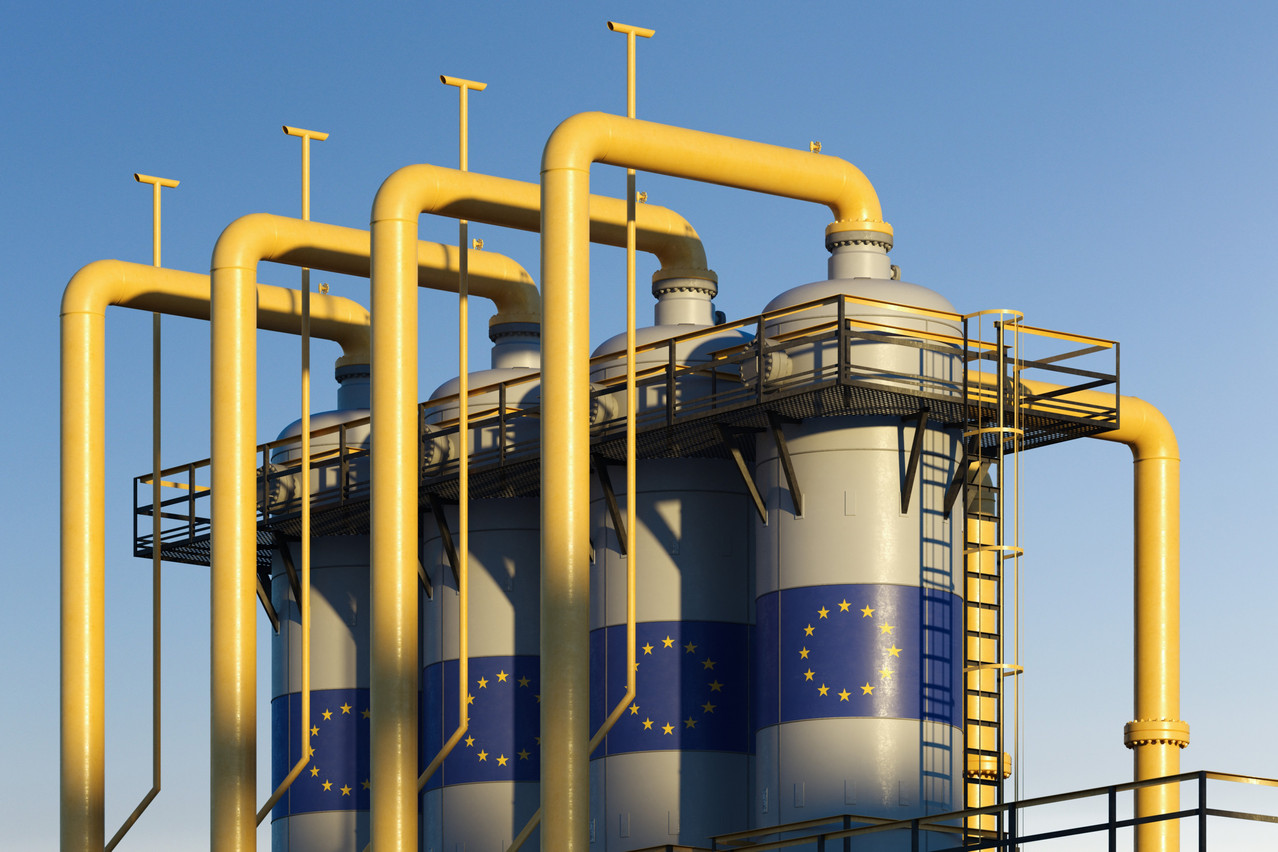The European Commission on 20 July. The regulation aims to avoid further issues after Russia’s continued cutting off gas supply and asks of all EU member states to reduce their gas demand by 15% between 1 August 2022 and 31 March 2023.
Through the regulation, member states may choose how they reduce their demand, though they are not allowed to “distort competition or the proper functioning of the internal market in gas”. They also may not endanger the supplies of other states and must continue to respect consumer protection rules.
Relevant authorities in each country will have to submit a report every two months to the European Commission. Countries that seem like they will not meet their targets will be asked to redraft a plan to match the 15% reduction.
Bringing down prices, extending stock use
“Such voluntary demand reduction would contribute in particular to the filling of storage capacities, which would not be depleted by the end of the 2022-23 winter season and would therefore enable member states to cope with possible cold spells in February and March of 2023 and facilitate the filling of storage capacities to ensure adequate levels of security of supply for the 2023-24 winter season,” the regulation states.
In addition, a better management of energy demands “will also help ensure adequate supply and drive energy prices down, to the benefit of Union consumers,” the document argues.
National plans to be reviewed
The regulation also allows the Commission to declare a “union alert” in case of a high demand or severe risk of shortage, or if at least five countries declare a state of emergency. Having all nations lower their consumption should be seen as an act of solidarity, .
Agreeing to adopt the regulation, the EU Council has, however, made some exceptions, to “reflect the particular situations of member states”. This includes countries that are not interconnected to other EU states’ gas networks, as well as those with limited interconnections to other states provided that they can demonstrate their interconnector export capacities are used to redirect gas to other European countries to the fullest.
EU member states have until the end of September 2022 to update their national gas shortage plans, a deadline Luxembourg intends to meet. Energy minister Claude Turmes on 26 July promised a plan would be prepared
With 45% of EU gas stocks coming from Russia in 2021, member states agreed review consumption levels while doing everything possible to avoid households and prioritised services--like healthcare buildings--feeling the reduction. Industrial structures that could be severely damaged by a lack of use should also be considered in national strategies, the EU says.
